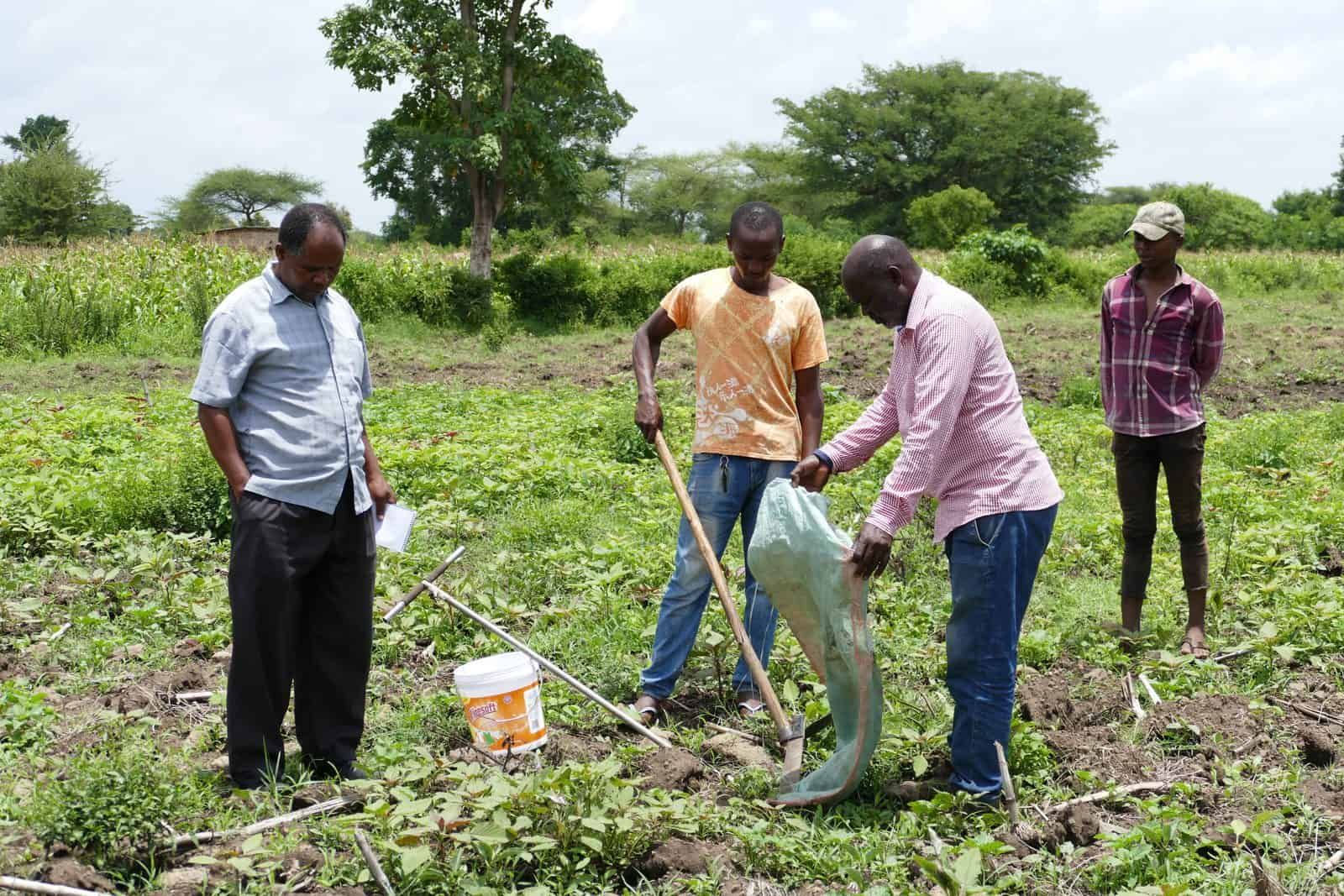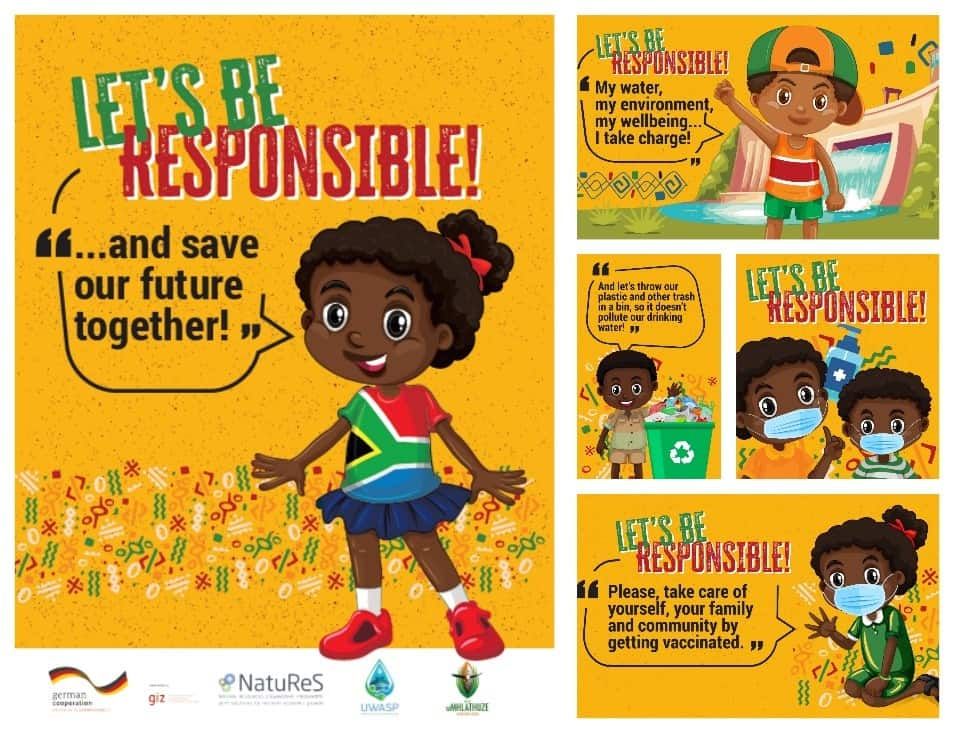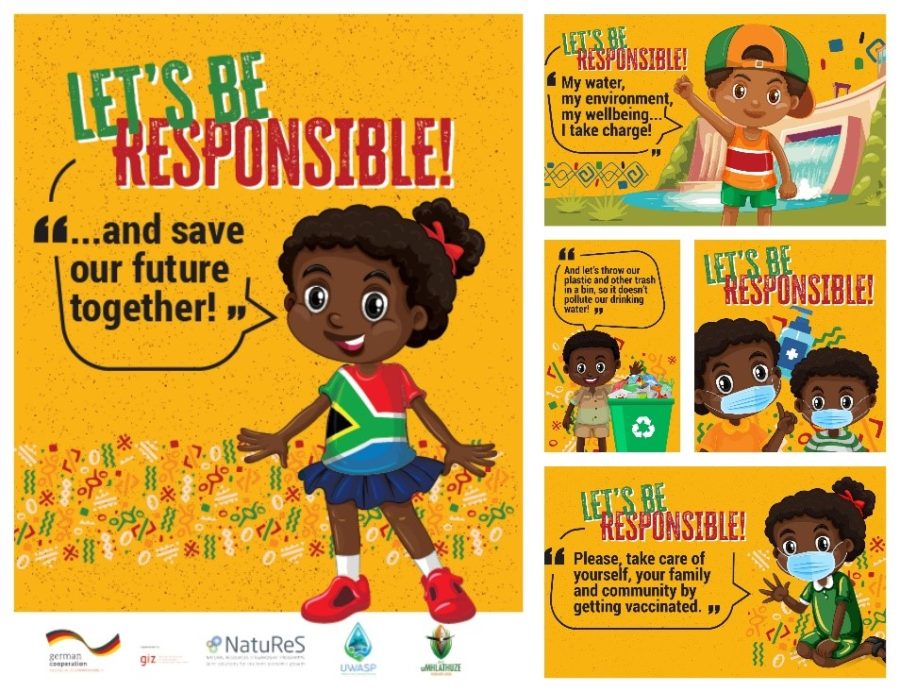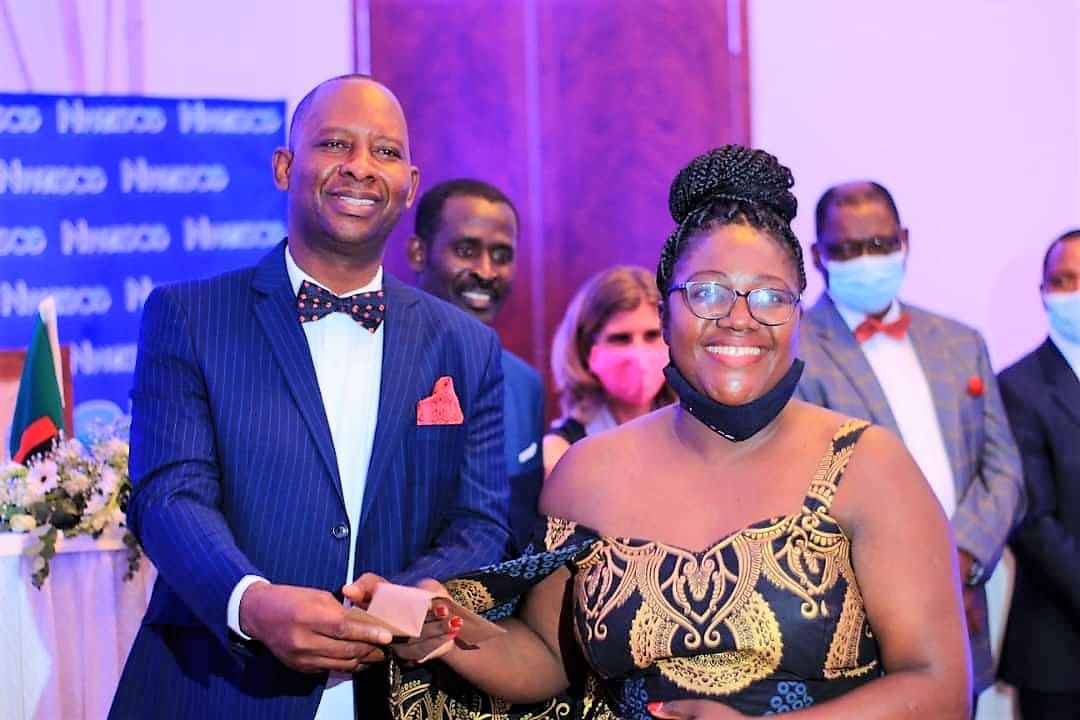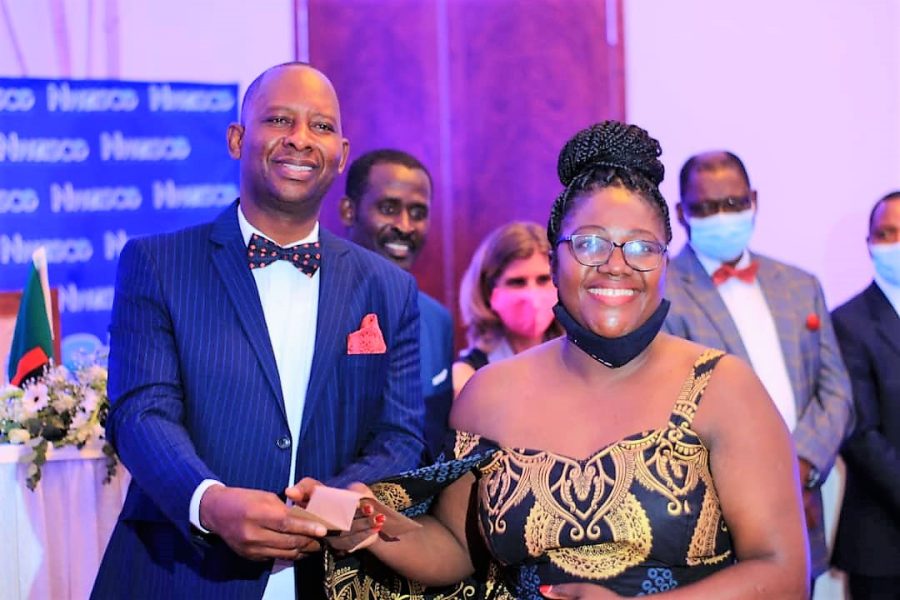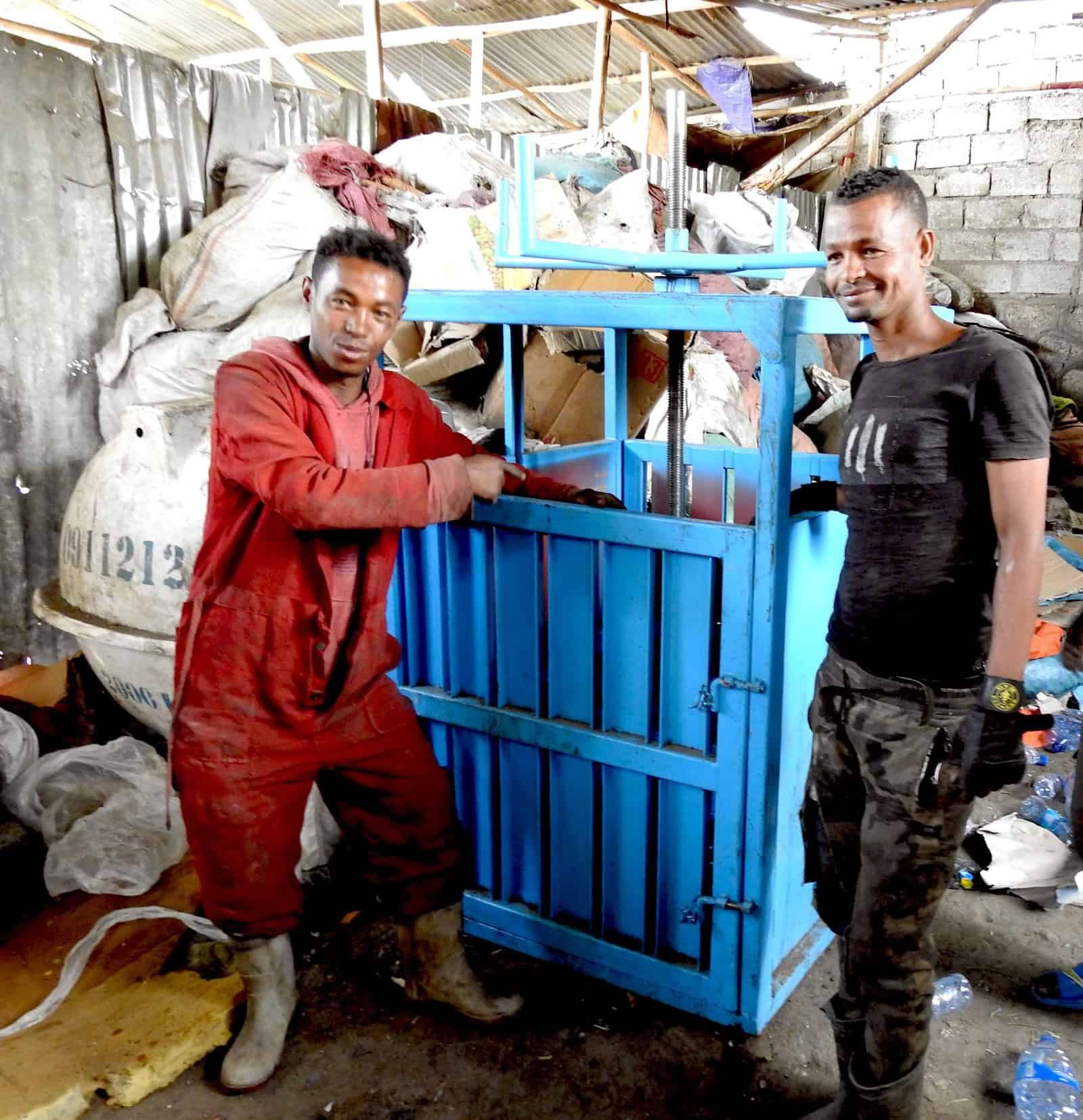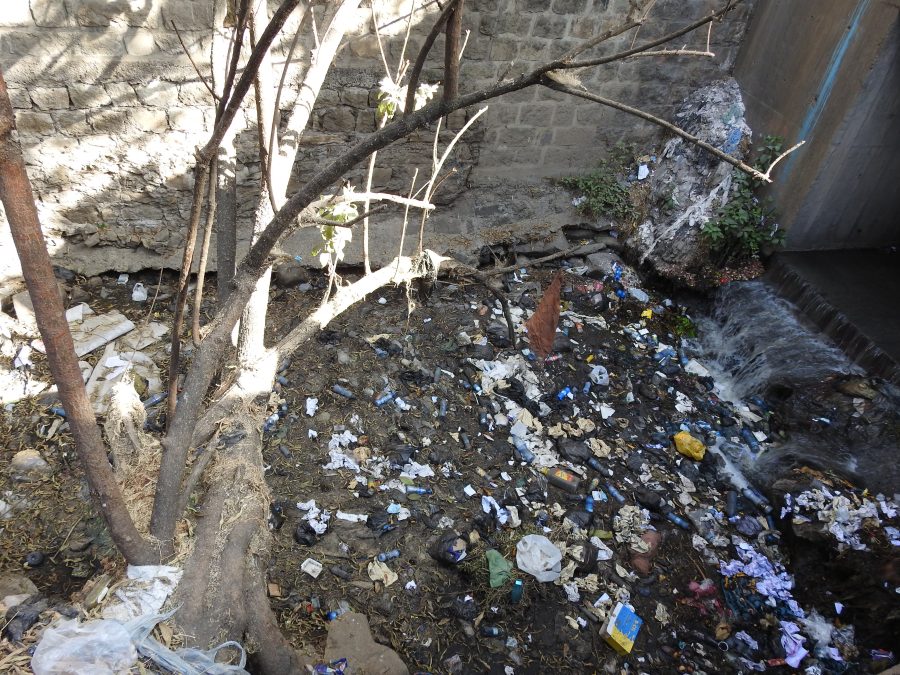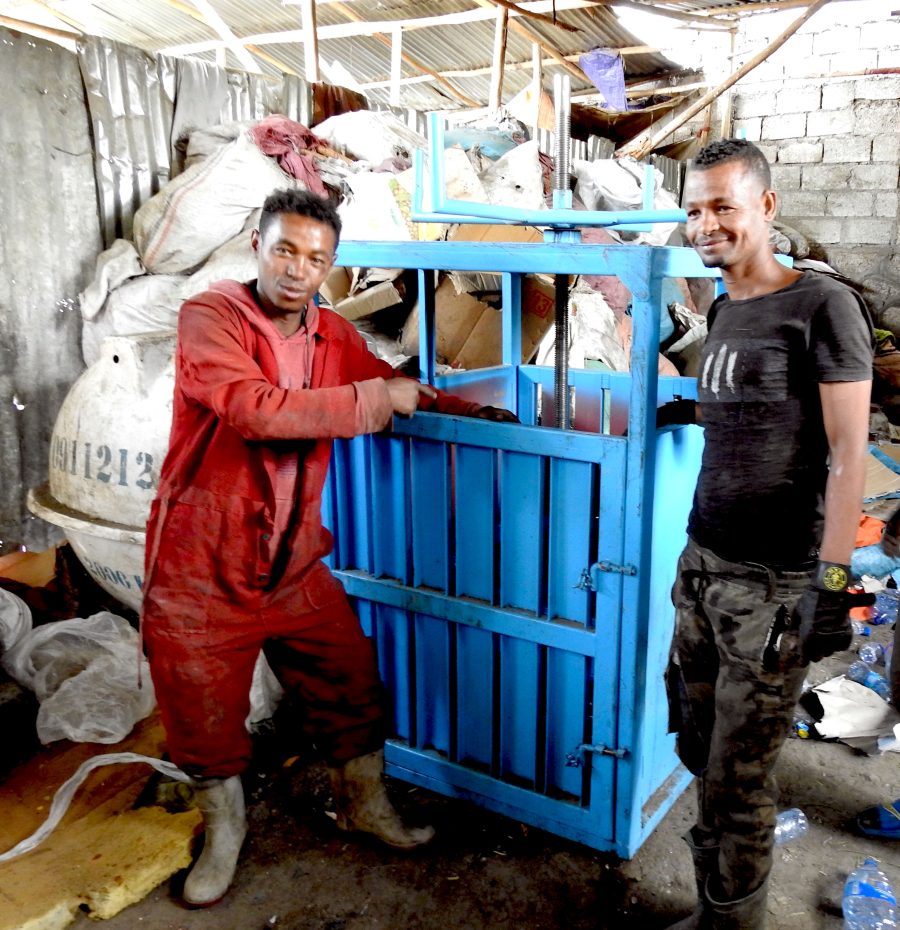Combating Pesticide Pollution in Tanzania
Strengthening water security is crucial to enhance farmers’ resilience to climate change, as well as to combat unprecedented global shocks such as Covid-19. Changing rainfall patterns and catchment degradation are stressing water resources in the Pangani basin in Northern Tanzania, while water demand is increasing due to both population and economic growth in the catchment. Combined with the pollution created by the run-off from agricultural land, these factors are severely affecting the catchment’s water quality. In turn, poor water quality is affecting the health of riverain communities, who rely on the water resources for cooking, sanitation, etc., making them less resilient to the pandemic or other diseases resulting from inadequate hygiene conditions.
To address these issues, the international NGO Rikolto, through the Sustainable Water Management (SUWAMA) Partnerships and supported by the Natural Resources Stewardship Programme, trained smallholder farmers in the Usa River and Weruweru sub-catchments on sustainable agricultural practices. Trainees learned how to improve fertilizer and pesticide use to reduce chemical pollution from the pesticide discharge into the river furrows.
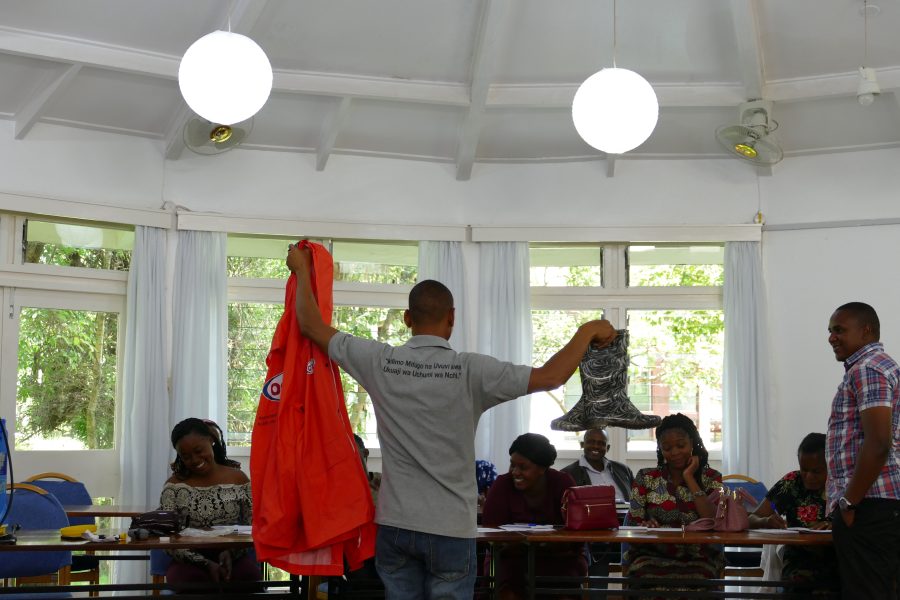
Efficient and sustainable farming practices
Farmers in the Usa River and Weruweru sub-catchments extensively use pesticides, based on the idea that preventive spraying is necessary to protect their crops and obtain good yields. Often times however, the dosage is applied in excess, or the chemical required for the crop is misapplied because the labelling on these pesticides is either not clear or not in their language. Furthermore, these farmers – mostly women – do not have access to Personal Protective Equipment (PPE) during spray times in the field, putting them at risk through the regular exposure to chemicals. Moreover, harmful amounts of pesticide residue leak into the water channels, thus contaminating village water supplies. Finally, the fruits and vegetables available on the markets contain high amounts of pesticide residues unsuitable for consumption. All these factors put pressure on the ecosystem and lower community resilience. This has become particularly evident during the Covid-19 pandemic, when safe water uses, and hygiene became a priority.
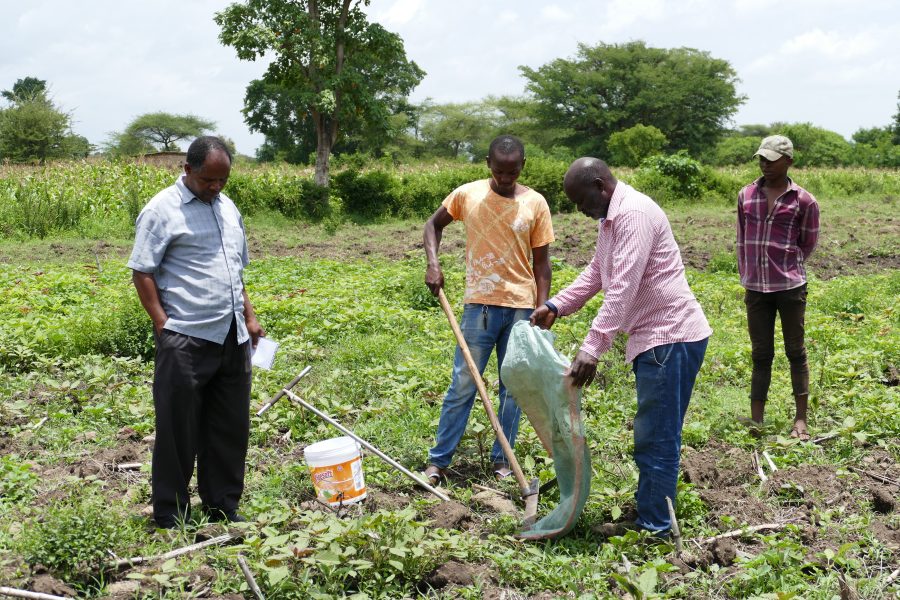
Improving water, sanitation and hygiene (WASH) conditions
In order to improve WASH conditions, both at farm and at household level (WASH@Farm@Home), an inter-sectoral collaboration between Rikolto and the Tanzania Plant Health and Pesticide Authority (TPHPA) was sought to raise awareness and improve current farming practices. An intensive ‘training of trainers’ capacitated 108 farmers, providing them with the necessary skills and knowledge to train their peers on the safe use of pesticides. The 108 trainers will each coach 12 fellow farmers, hence reaching a total of 1296 trained smallholder farmers. Practical, interactive trainings were conducted on 14 demonstration plots, and the 108 trainers were provided with the necessary equipment to enable them to adequately pass on the skills and knowledge gained.
Collection centres for pesticide containers, first of their kind in the country
In addition to the training sessions, three pesticide collection centres (one square meter by two metres high) were set up to enable farmers to safely dispose of empty or expired pesticide containers in their community. These empty containers will be collected by TPHPA for safe disposal. This cost-effective, innovative solution is the first of its kind in Tanzania and can be replicated across the country, thus reducing chemical contamination in the country’s water streams.
